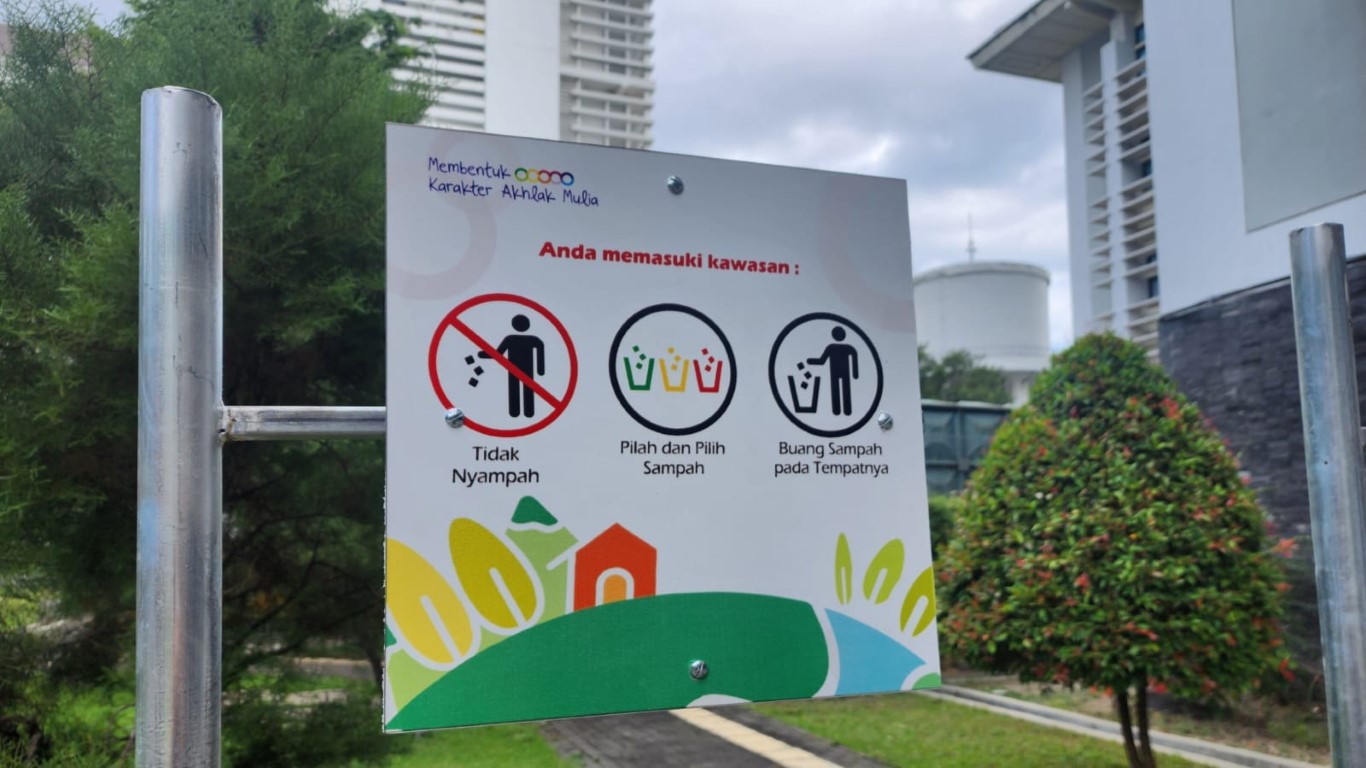Behind the piles of waste lies a significant opportunity to create a cleaner and healthier environment. Sustainable waste management is not just about reducing waste; it also offers substantial benefits for public health, natural resource conservation, and economic growth.
Currently, Yogyakarta is facing serious waste management issues. The closure of the Piyungan Landfill, which was previously the main dumping site, has led to an increasing accumulation of waste in various corners of the city, including streets and rivers.
FKG UGM has taken steps by implementing a "waste donation" program as one of the solutions to reduce the amount of waste in the campus area. With the assistance of cleaning staff at FKG UGM, the waste around the campus can be managed more effectively.
The Dean of FKG UGM, Drg. Suryono, PhD, stated that this collaborative initiative aims to kickstart a campus clean-up movement and to cultivate the habit of disposing of and sorting waste among the academic community.
Waste disposed of in each trash bin will be collected by staff, who will classify it into organic and non-organic waste. Specifically, non-organic waste will be processed for resale. “The waste will be converted into cash, and Korpagama can manage its benefits for FKG staff,” Suryono said.
Firda Cahya, a member of the health promotion team at FKG UGM, emphasized that our environmental and public health will be compromised if waste is not managed properly. "We need to work together to maintain a clean environment for the health of all," she stated (3/10).
To support the achievement of a clean and sustainable environment, educational campaigns within the campus are essential. Education on the importance of waste sorting and reducing waste production can serve as the first step in fostering collective awareness and responsibility.
Collaboration is necessary to create better waste management strategies. FKG UGM has partnered with PT Wahana Anugerah Energi for waste management efforts that have been underway since mid-2022. Through recycling technology developed by the company, both organic and non-organic waste will be processed into more environmentally friendly products.
As reported on ugm.ac.id, Yudho Indarjo, a representative from PT WAE, expressed appreciation to FKG for the established cooperation. He explained that PT WAE has an application called Rapel, short for Rakyat Peduli Lingkungan (People Caring for the Environment), designed for waste management.
“Currently, we are focusing on inorganic waste management. Although our headquarters is in Tangerang, we also operate in Yogyakarta. The first launch of Rapel was conducted in Yogyakarta because we see it as the most suitable location to introduce this application to the community,” he elaborated.
Kegiatan ini sejalan dengan perwujudan Tujuan Pembangunan Berkelanjutan (SDGs) tujuan ke-3 Kesehatan dan Kesejahteraan yang Baik, tujuan ke-12 Konsumsi dan Produksi yang Bertanggungjawab, dan tujuan ke-15 Kehidupan di Darat.
Authors: Firda Cahya, Pram | Editor: Fajar Budi H.

